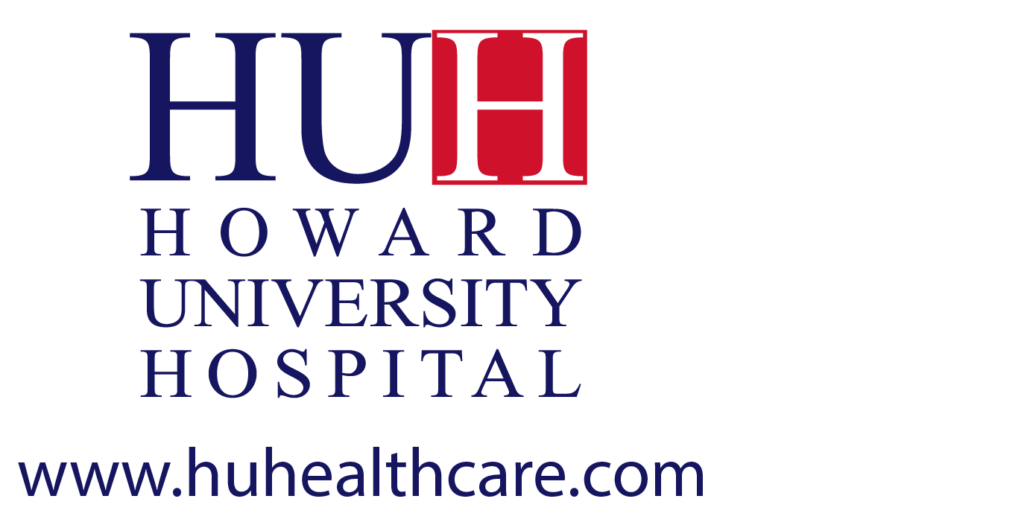Оставайся на связи
Подпишитесь на еженедельные сообщения DCHA News

КАРТА САЙТА
РАСПОЛОЖЕНИЕ
1152 15-я улица
Люкс 900
Вашингтон
20005
Особенности:
Fluctuations primarily below pre-COVID volumes were observed across utilization metrics this month. Acute care admissions saw a slight increase going from -14% below pre-COVID baseline last month to -13% this month as emergency visits and psychiatric admissions decrease, going from -19% to -25% and -17% to -21% below baseline, respectively.
Aggregate specialty hospital admissions remained above the 15-month median this month after the dip in November 2023. The highest volume of monthly admissions occurred in August 2023. BridgePoint National Harborside experienced their highest monthly volume for the 15-month period included in this report during the most recent seven months, while Psychiatric Institute of Washington posted their second highest volume this month.


On April 6, DCHA’s Healthy Hospital Initiative hosted its annual, live Chef Cooking Competition. Hospital chefs competed in six categories to showoff their creativity and skills. Hospital chefs showcased low-sodium and low-sugar recipes using the special ingredient of basil. A panel of judges rated the dishes on taste, appearance, nutritional value, and creativity of the use of a special ingredient. Chefs and their teams presented an entrée, side dish and beverage or dessert. The entrée was required to have less than 600mg of sodium and no added caloric sweetener. The side dish and dessert or beverage was required to have less than 230mg of sodium and no added caloric sweetener. Congratulations to all of the winners and a special shoutout to the event venue, DC Central Kitchen.
Overall Winners
Nutrition & Creativity
Taste & Appearance
Best Entrée
Best Side Dish
Best Dessert/Beverage

Children’s National physicians, nurses, researchers and staff often spearhead and lead new outreach efforts. The hospital has many programs and initiatives focused on community health and wellbeing, and school-based and educational partnerships. From responding to the emergency needs of the community to delivering care in schools and supporting kids with asthma to efforts to prevent injuries, Children’s National is dedicated and committed to more than just medicine.

Individuals working in District of Columbia hospitals strive every day to deliver compassionate, quality and safe patient care. DCHA is honored to highlight the incredible work of our member hospitals and their champions. DCHA will present awards to two individuals; one clinical and one nonclinical, who are working to transform health care through leadership, collaboration, and improvement strategies within their hospitals and who exemplify a dedication to continued delivery of essential services, a commitment to patient safety, and unwavering efforts to delivering quality patient care.
Award nominations must showcase how individuals go above and beyond normal daily work to manage and support hospital staff, patients, caregivers and the community. Awards will be presented during the Health Care & Innovation Summit on October 30, 2024. Complete nominations by June 21, 2024.
The charts and tables in this publication are intended to provide aggregate and comparative data on health care facility utilization in the District of Columbia. This report includes a new psychiatric admission breakout for civil commitment admissions. Please note, though not annotated on every graphic, the impact of the closure of Providence Hospital– Ascension in the Spring of 2019 and the COVID-19 pandemic beginning in the Spring of 2020 can be seen in utilization patterns throughout this report.

It’s time to move beyond being ‘military-friendly’ and take the next step: becoming truly military-ready. Understanding the challenges veterans face while transitioning out of active service and into civilian careers is critical to successfully onboarding, engaging, and retaining US veterans. In this webinar Military Connected will dive into these topics, in order to help attendees take the first step towards properly serving America’s military-connected community. An open Q&A will be conducted at the end of the webinar to answer any questions, or provide further insight.

Howard University Hospital is part of the DC Healthy Communities Collaborative that develops the Community Health Improvement Plan, which is the result of community engagement and a year-long strategic planning process. Howard University Hospital is committed to improve community health in the District of Columbia by proactively addressing community health issues through shared vision, accountability, resources, and outcomes.

The purpose of the Abstract Competition, as part of the 2024 Health Care & Innovation Summit (formerly known as the Patient Safety & Quality Summit) on October 30, is to stimulate systematic investigation by health care professionals, provide a venue to share innovative and effective programs, showcase unique projects, and encourage networking among peers with similar interests. The theme of this year’s Summit is Transforming Health Care: Lead. Collaborate. Improve.
Awards:
1 Gold – $2,500
1 Silver – $1,500
1 Bronze – $1,000
Throughout Maryland and the Washington, D.C., region, MedStar Health works with communities to increase health care access and provide education. Their goal is to improve the health and well-being of all residents as they serve patients, those who care for them, and communities. In Fiscal Year 22, MedStar Health contributed $470 million to programs and services promoting health to communities. These programs improve access to health care services, enhance the health of the community, advance medical or health knowledge or reduce the burden of government or other community efforts.